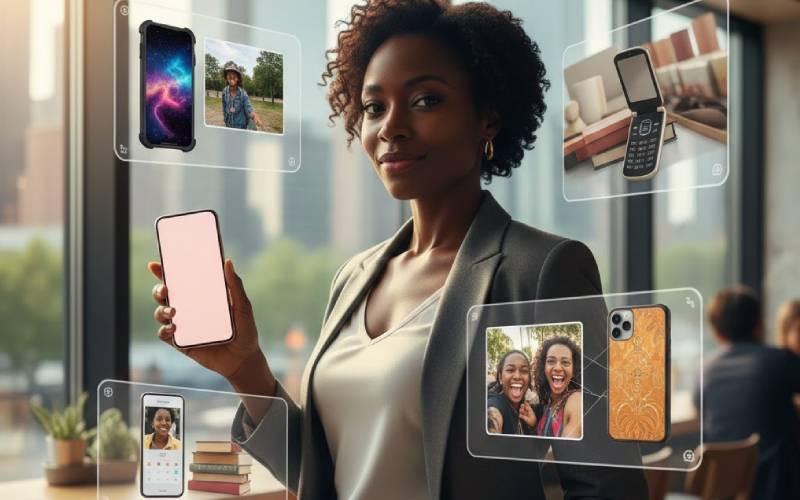
The issue of race and racism has once again come to the forefront thanks to the Black Lives Matter movement. In this digital age, issues such as racism can quickly become global issues not just at the point of origin but even in distant lands.
The recent killing of African Americans in the US brought with it a global call for an end to racial profiling and the accompanying injustices. Our children, who would have otherwise been oblivious to the movement, can now bear firsthand witness to the consequences of racial injustice.
As a parent, you want to be a trusted source of information for you kids especially on sensitive matters such as race. According to UNICEF, children from as young as six months can notice differences such as skin colour. It is thus important that parents start educating their children on these matters as early as possible to reduce chances of them developing racial bias.
Below are some tips to help you talk to your child about racism.
1. Make it age-appropriate
Keep the conversation at the level of your child’s understanding. For children who are younger than five, explain the obvious differences such as skin colour and hair texture. However, point out that even if we’re different, there are many other things that we have in common but our differences are what make us unique.
Should they notice certain injustices brought out by racism, point out how unfair this is.
For children between the ages of six and 12, you can go into deeper detail. Find out what they’ve heard about racism. Use this as a starting point for your conversation.
Older children will tend to have their own opinions. Ask them what they think and how they feel about the goings on. Then, ask them how they think they can make a difference. They might not be in a position to protest but they can take part in online activism.
As you speak to your children, remind them that if they have any questions they can come to you.

2. Celebrate other cultures
The internet has made it easier to learn more about cultures from around the world. Exploring different parts of the world and learning about other people can help remove racial bias. There are numerous documentaries on the cultures of different people, you can cook their foods, and even connect with people from across the global through social media. This will help increase your kids’ knowledge of different races and help them appreciate diversity.
3. Lead by example
How your children treat the issue of racism will depend more on what they see you do rather than what you tell them. If they see you speaking up against racism, treating those from different races with fairness and celebrating diversity, they will do the same.
Do you sleep with the door open or closed? The Standard Group Plc is a multi-media organization with investments in media
platforms spanning newspaper print
operations, television, radio broadcasting, digital and online services. The
Standard Group is recognized as a
leading multi-media house in Kenya with a key influence in matters of national
and international interest.
The Standard Group Plc is a multi-media organization with investments in media
platforms spanning newspaper print
operations, television, radio broadcasting, digital and online services. The
Standard Group is recognized as a
leading multi-media house in Kenya with a key influence in matters of national
and international interest.

